Why Hollywood Wants a Black Superman
Now that Henry Cavill’s Superman is set to be permanently retired from the DCEU, reportedly in favor of Ta-Nehisi Coates’ black Superman project, yet another iteration of the diversity casting debate has sprung up among critics and moviegoers. Many comic book loyalists, disappointed and frustrated by the constant tinkering of studios with their beloved franchises, have posed the question: why not create new characters for non-white audiences instead of casting PoCs in traditionally white roles? Why indeed.
First of all, in order to understand the debate around pop culture franchises and why people are so irked by the changes to these products, it’s important to look at the anthropology surrounding myth-making. Why do cultures have mythological stories? The simplest explanation is that to preserve social harmony people groups must bind themselves around something that proclaims to be the sacred root of that culture. In the ancient world, myths served as that binding agent, and this is where we get the concept of religion.
Ancient myths often hid something very violent, and we can see hints of this when we observe the mythological texts in light of the Christian apocalyptic text, which René Girard says is myth in reverse. Take, for instance, the creation accounts in the ancient world that were filled with creatures rising from the scattered parts of gods and goddesses, and so on. Also, the half-human, half-animal depictions of these ancient deities are indicative of the dehumanizing process that sacrificial victims underwent. Enter the Gospel text and we have, for the first time ever, a gritty, realistic account of human sacrifice that serves to demystify earlier mythical stories.
Modern America is partially a product of the demystified world that the Gospel stories have created. The experimental nature of America’s founding meant that it is a country devoid of typical civilizational founding myths. The multiethnic and multireligious genesis of the United States meant that a founding sacrificial myth was an improbability at best. That does not mean, however, that myths cannot be developed over time as the nation grows older.
As America marched into the twentieth century with the printing press as its ally, it needed myths to hold its culture together before the turbulent rise of decentralized information. The concept of the superhero is a result of this need, and its popularity grew by leaps and bounds thanks to both the print and television mediums. Two Jewish comic creators by the name of Jerry Siegel and Joe Schuster created Superman in the late 1930s. Their societal experiences could be seen in the character’s background.
Clark Kent, Superman’s alter-ego, is a simpleton from a typical rural American town. He is pretty much a harmless and bumbling fool thrown into the cutthroat world of journalism. Not only is his character meant to be relatable to the average citizen lost in the concrete maze of growing twentieth-century industrialization, but he also reflects America’s fascination with the underdog. Here we observe a significant shift in the way the hero is depicted in modern secular myths as opposed to the monarchial hero who dominates ancient mythic stories.
Superman himself is a godlike character. He is faster than a speeding bullet and more powerful than a locomotive, but unlike the ancient heroes, he is a sort of benign hero who does not kill or completely vanquish the villains. Why does Superman not kill? It is obvious that this trait is engineered for a particular audience of a particular culture, and it is well known that in a post-Christian society, the act of killing is not something that is handled carelessly. Even the words “to kill” is looked upon with disdain in the public discourses of most Western countries. The influence of the culture on this character’s creation (and even the culture before it) cannot be overlooked.
“Our society is the most preoccupied with victims of any that ever was. Even if it is insincere, a big show, the phenomenon has no precedent. No historical period, no society we know, has ever spoken of victims as we do.”
— René Girard, I See Satan Fall Like Lightning
In the twenty-first century, it is safe to assume that American culture has come a long way, and because the experimental country has created experimental myths, modern-day myth-makers are understandably looking for updates. The updates that are required must not be change for change’s sake; they must rather be changes that reflect and preserve the current culture. The current underdog, according to the new progressive zeal, must be the ethnic person who was wronged historically. Here, we will have to bid adieu to Superman’s Jewishness.
Superman has undoubtedly grown into an American myth, and because of our modern preconceived notions about what constitutes myth, we are often biased against the binding factor that comes with it. The modern American myth is a strange thing that often flies in the faces of both the religious and the secular. These mythical American gods are experimental just as the culture and nation are experimental, that is for certain. But what is really strange about all of this is whether we will see a time when even the black Superman will go out of fashion. What version of Superman will we see at that time? For now, no one knows, but until then let’s bask in the glory of an underdog PoC character clothed in the splendor of Nietzche’s Ubermensch.
Buy Surit Dasgupta’s new book The Reenchanted here.


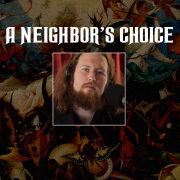
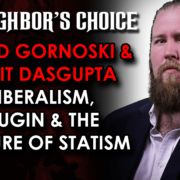
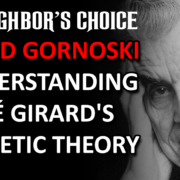
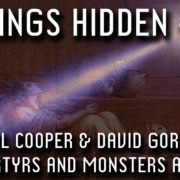

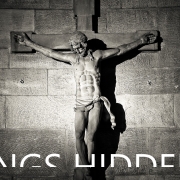

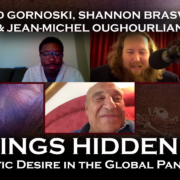


Leave a Reply
Want to join the discussion?Feel free to contribute!